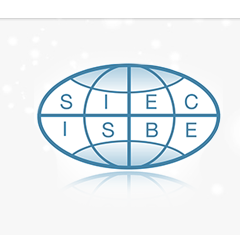Abstract
The European Union is a unique “postnational construction” (Habermas 1998) which is much more integrated than other international institutions. Nevertheless, it is not a country with some sort of nation-wide history or culture. In its core, it is a union of different member states serving as a platform for common decisions. Citizens of the EU are both citizens of the national state and of the European Union. Its uniqueness and complexity makes the EU to a didactic and pedagogical challenge (Tafner 2012): Firstly, introductory lessons usually present the topic EU from a legal perspective. But legal topics can be boring or at least confusing for nonexperts. Secondly, these introductions are very cognitive and completely ignoring the affective element although discussions about the EU are very emotional. The simulation game “Building Blocks of Democracy: My Country. Your Country. Our Union.”, which was created by young students in a project cofinanced by the European Union, provides a different approach for introducing the idea of supranationalism, focusing on dealing with different cultures, interests, and identities, thereby promoting competences that are necessary to deal efficiently and effectively with those differences when they occur. In this simulation game students experience how even fictitious cultures they have created on their own have an influence on the decision making process and undergo democratic decision making procedures on different levels. This article delivers an insight into the simulation game and explains performative pedagogy as a way to foster competences individually. After the theoretical part selected results of a research project financed by the State of Styria (Austria) carried out in the school year 2011/12 in 12 different schools at 16 different playing dates with 289 students involved are presented. The results were quite positive and the simulation game is now ready for regular usage in schools.
Recommended Citation
Tafner, Ph.D., Georg and Liszt-Rohlf, Ph.D., Verena
(2013)
"Playing stakeholders: Experiencing decision making procedures on national and supranational levels,"
International Journal for Business Education: Vol. 153:
No.
1, Article 4.
DOI: https://doi.org/10.30707/IJBE153.1.1648133795.819606
Available at:
https://ir.library.illinoisstate.edu/ijbe/vol153/iss1/4
Included in
Educational Methods Commons, Secondary Education Commons, Secondary Education and Teaching Commons

